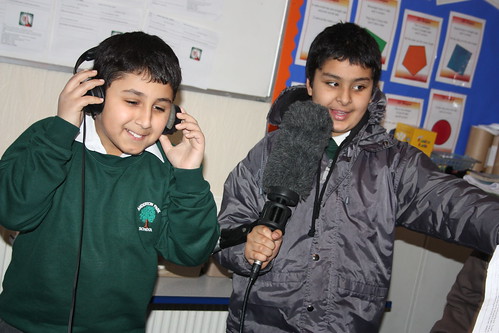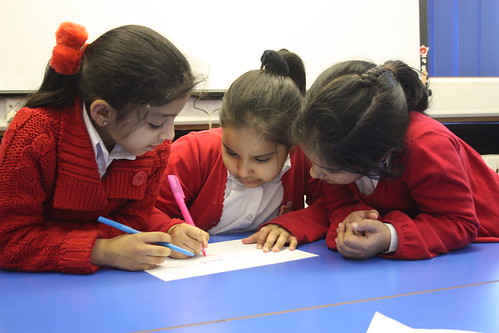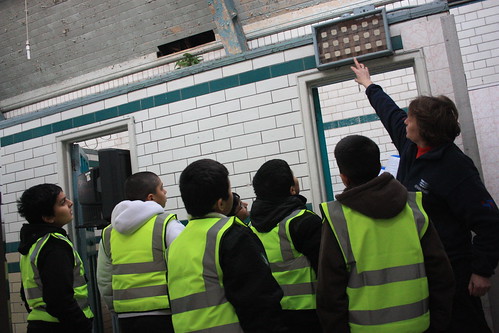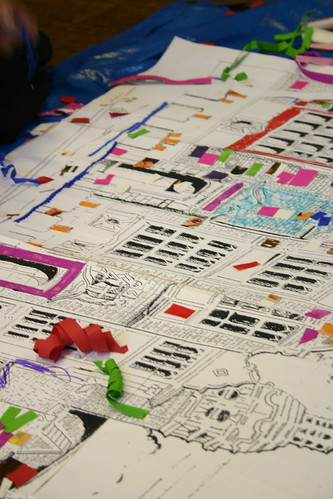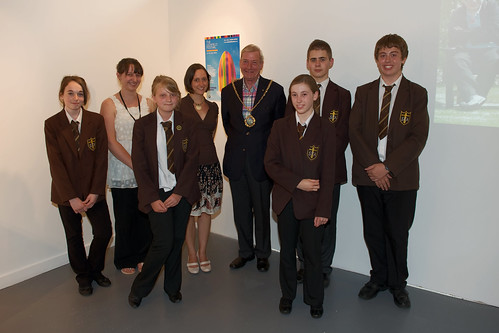This blogpost also appears on the People’s Heritage Co-operative website.
As part of The People’s Heritage Co-operative’s HLF funded project, ‘Untold Stories: Birmingham’s Wounded Soldiers from WW1’, Year 8 pupils at Swanshurst School took part in a series of workshops with Rachel Gillies – Community Film Maker to learn how to conduct filmed oral history interviews.
The result of their hard work is 11 remarkable interviews with a range of people discussing their own experiences and the experiences of relatives in some of the major conflicts of the 20th Century. From shelling in the trenches of The Somme to the shelling of Hartlepool, patrolling the Suez Canal to holding the line in Korea, back to the UK to the aftermath of conflict in people’s daily lives, including the reality of medical care, the interviews are eye-opening and frank.
Students took on a massive responsibility in helping interviewees share their often harrowing experiences. Special thanks must go to staff at Swanshurst School and to former teacher, Doug Smith, who facilitated the project and who organises the school’s annual ‘Veteran’s Day’. Thanks also to Veterans, School Staff and Lt Col. Steve Jeffery who were so forthcoming and generous in their interviews.
The quality of these interviews really does speak volumes about the maturity and sensitivity of pupils who were only born in the 21st Century. They are ensuring the the lessons from previous generations are passed on. And in a world that feels in a state of flux, what could be more important than that?



 I have rich pickings here. Workshops where we delved into the archive to discover magazines produced by invalided soldiers, photos of injured servicemen following facial reconstructive surgery, lectures on the sheer scale of organisation required to ensure wounded soldiers were treated, genealogy workshops on tracing WW1 casualties, interviews with Korean war veterans, an interview with a serving Military Surgeon, explorations of Highbury Hall with a group of school pupils… it’s fair to say that we have been busy.
I have rich pickings here. Workshops where we delved into the archive to discover magazines produced by invalided soldiers, photos of injured servicemen following facial reconstructive surgery, lectures on the sheer scale of organisation required to ensure wounded soldiers were treated, genealogy workshops on tracing WW1 casualties, interviews with Korean war veterans, an interview with a serving Military Surgeon, explorations of Highbury Hall with a group of school pupils… it’s fair to say that we have been busy. My main involvement in the project has been working with pupils at Swanshurst School to teach them how to conduct Oral History interviews so that they are able to do their own interviews. Alongside former History Teacher, Doug Smith, and members of the People’s Heritage Co-operative, we ran a series of workshops to prepare the girls for interviewing war veterans during the school’s ‘Veterans Day’ event.
My main involvement in the project has been working with pupils at Swanshurst School to teach them how to conduct Oral History interviews so that they are able to do their own interviews. Alongside former History Teacher, Doug Smith, and members of the People’s Heritage Co-operative, we ran a series of workshops to prepare the girls for interviewing war veterans during the school’s ‘Veterans Day’ event. t was particularly striking was how much the pupils took away from the experience. Here are a few comments from pupils themselves:
t was particularly striking was how much the pupils took away from the experience. Here are a few comments from pupils themselves: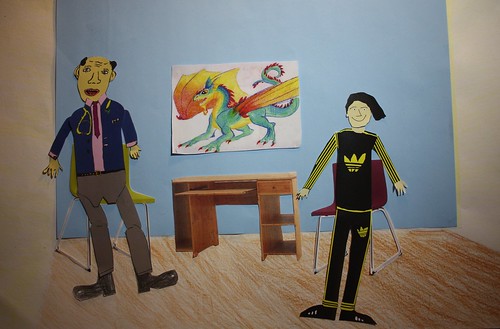 The young people are given annual check ups by a specialist team of nurses, and they also have the opportunity to discuss health issues with a specialist paediatrician. This means that their physical and mental health can be monitored and managed, and support can be offered where needed. Files are kept in one place and the young person will usually see the same person each year.
The young people are given annual check ups by a specialist team of nurses, and they also have the opportunity to discuss health issues with a specialist paediatrician. This means that their physical and mental health can be monitored and managed, and support can be offered where needed. Files are kept in one place and the young person will usually see the same person each year.

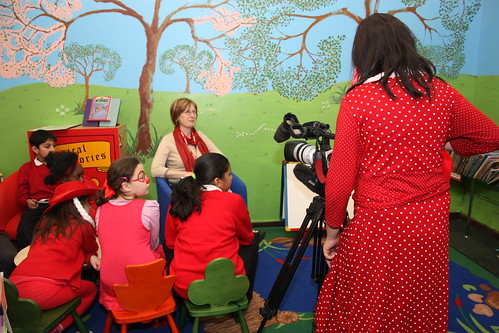
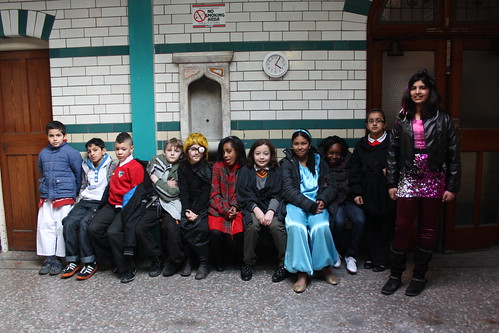 Pupils have really loved the tours and have asked some really great (and challenging!) questions about the building and how it was built and is maintained. On several occasions I’ve seen pupils dashing up to parents and teachers to tell them all about the things that they’ve learnt. Apologies if you’re one of those people who has been bombarded with trivia! However, we know that young people are exactly the kind of ambassadors we need to ensure future generations enjoy the building.
Pupils have really loved the tours and have asked some really great (and challenging!) questions about the building and how it was built and is maintained. On several occasions I’ve seen pupils dashing up to parents and teachers to tell them all about the things that they’ve learnt. Apologies if you’re one of those people who has been bombarded with trivia! However, we know that young people are exactly the kind of ambassadors we need to ensure future generations enjoy the building.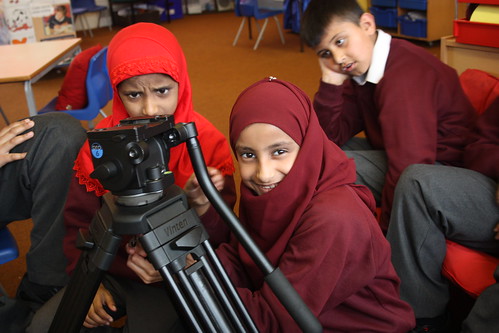 All of the children have picked up on the film-making really quickly. We’ve had some real giggles mucking around with the microphones and playing around in front of the camera! We soon managed to form film crews with a Director, Sound Recordist, Camera Operator and Interviewer. Many of our interviewees have commented on the professionalism of the group.
All of the children have picked up on the film-making really quickly. We’ve had some real giggles mucking around with the microphones and playing around in front of the camera! We soon managed to form film crews with a Director, Sound Recordist, Camera Operator and Interviewer. Many of our interviewees have commented on the professionalism of the group.